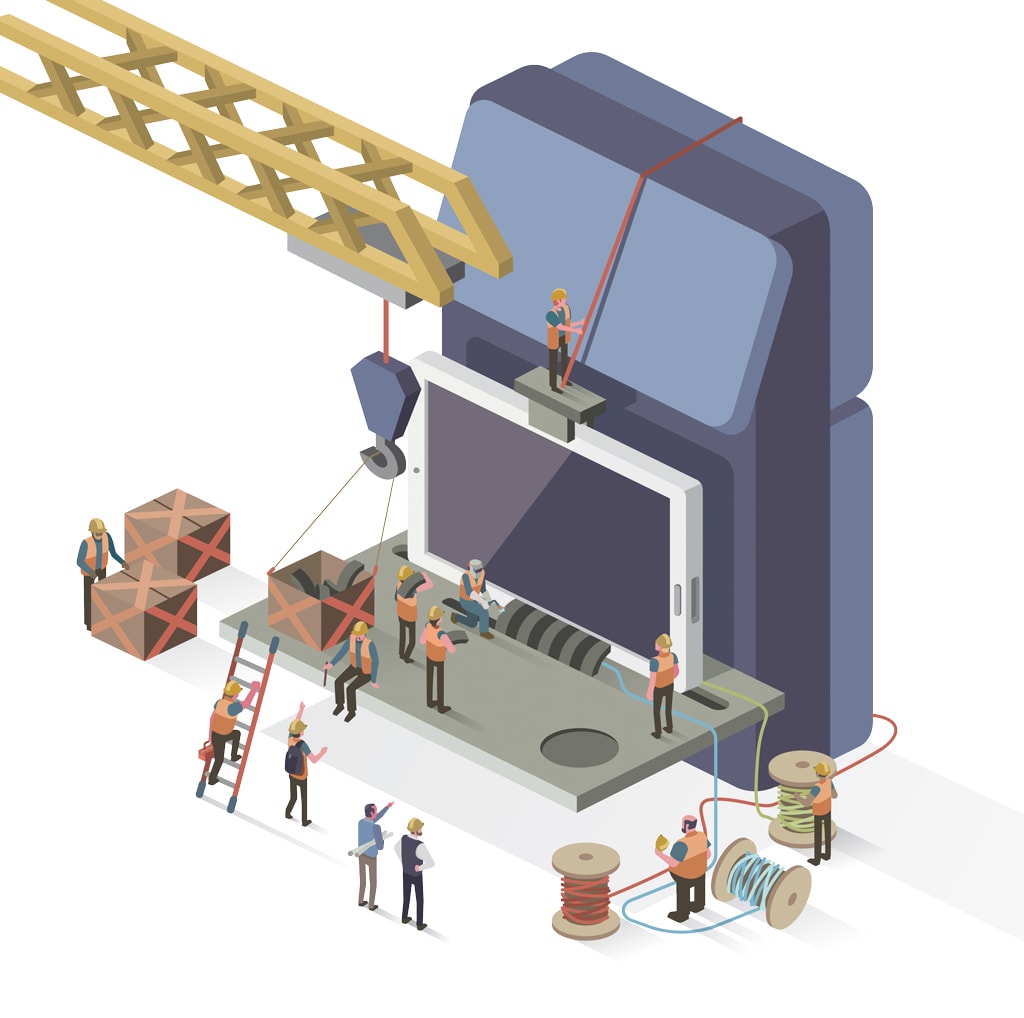Budget-Friendly Entertainment Part Four: In the Works
Share

APEX Insight: The success of a low-cost carrier relies on lean operational expenses, keeping weight low and costs lower so that passengers can enjoy base fares. Traditionally, budget carriers have found entertainment hardware too heavy to carry, but with new technologies, this market segment is finding room for amusement. In Part Four of “Budget-Friendly Entertainment,” LCC executives speak about why they’ve opted in or out of IFE.
Strict no-frills LCCs are stalwart IFE holdouts, but influencers among them are warming up to the idea. Ryanair has admitted that it is actively researching wIFE. The airline’s chief marketing officer, Kenny Jacobs, says that their entertainment strategy will be decidedly digital, and might involve short videos produced in-house and by the airline’s customers. It won’t involve seatback screens.
“We don’t believe in TV backs on chairs,” he says. “It isn’t the LCC model, and it’s also not a modern digital model.” – Kenny Jacobs, Ryanair
“We don’t believe in TV backs on chairs,” he says. “It isn’t the LCC model, and it’s also not a modern digital model, because everybody wants to look at their own device. Nobody wants to look at some grubby screen in front of them anymore. It’s going to be the device in your hands.” Although the airline hasn’t laid out a clear commitment, Jacobs adds, “The plan that is absolutely certain is that we want to serve up content in flight on the user’s device.”
When signing the order on the airline’s new Formula 1-inspired Mirus Hawk seats at the Aircraft Interiors Expo in Hamburg, Germany, AirAsia CEO Tony Fernandes said he liked that the seat had the option to hold devices, describing the service as something “we’ve always wanted to do very much.” AirAsia X, long-haul, low-cost affiliate carrier of AirAsia Group, rents out Samsung Galaxy tablets preloaded with box office hits, television programs, music and games on long-haul flights to and from Australia.
EasyJet has said it will not consider in-flight connectivity until it can find a good business case for adoption. “Eventually, we will see Wi-Fi become the norm across air travel within the next 10 years or so,” CEO, Carolyn McCall, told Future Travel Experience last fall. “However, until it is cheaper and more reliable, easyJet will not introduce it. Also, easyJet’s average sector length time is only 1 hour and 10 minutes, and from responses I have had from people, they like being switched off from the outside world for that period of time. So yes, it will come eventually, but not until it is consistently good.”
This story was originally published in the June/July issue of APEX Experience magazine.


